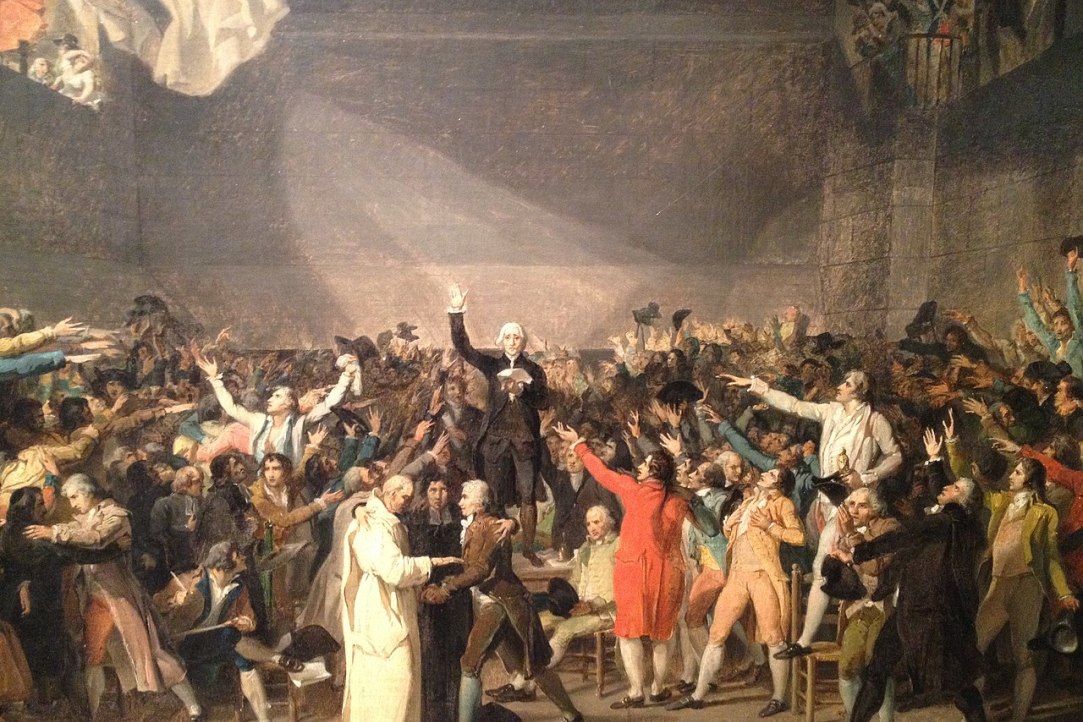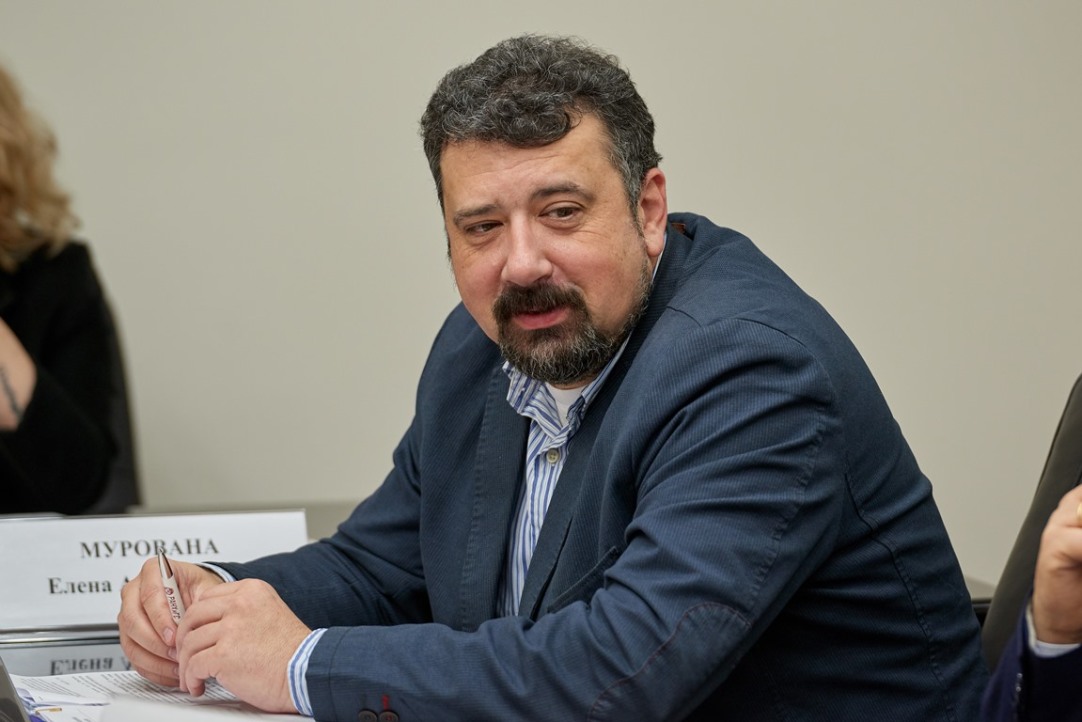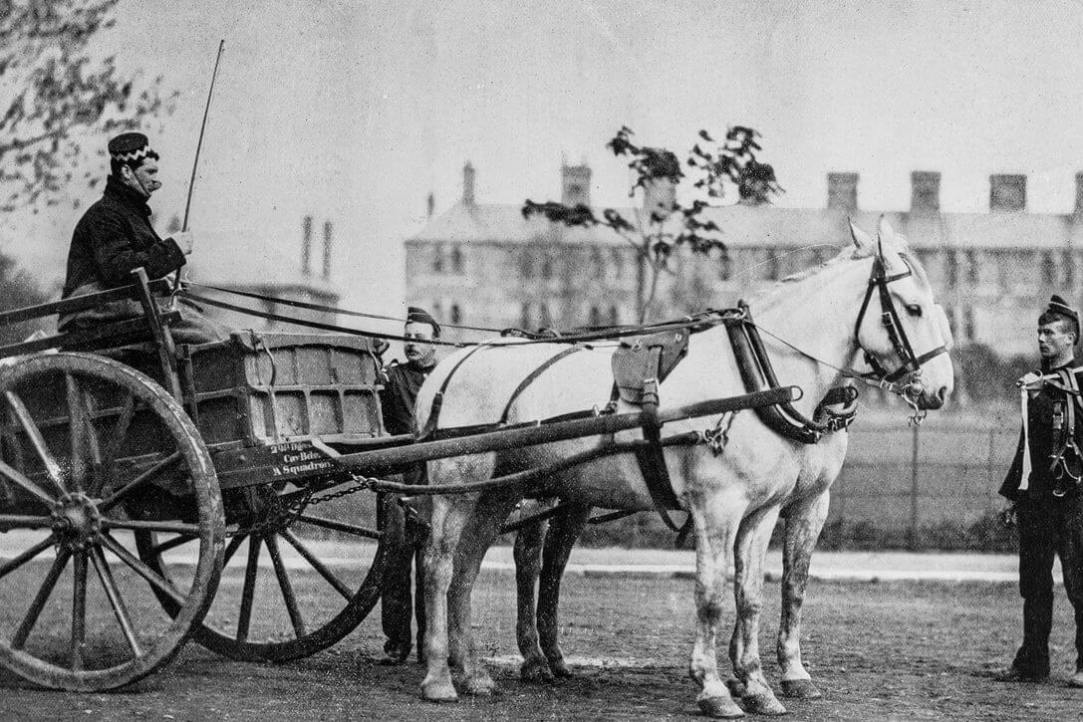When bidding in a competitive market, our brains use a special type of heuristic to adjust the price depending on the success of previous attempts to buy goods. Moreover, this learning mechanism involves not only the cerebral cortex, but the evolutionary ancient brain area of the striatum. This was the conclusion reached by neuroscientists from the HSE Institute of Cognitive Neuroscience and the Research Center of Neurology (Moscow, Russia) in a study that was published in the European Journal of Neuroscience.
Tag "research projects"
An international team of Russian and Belgian researchers has found out that space travel has a significant impact on the brain: they discovered that cosmonauts demonstrate changes in brain connectivity related to perception and movement. Some areas, such as regions in the insular and parietal cortices, work more synchronously with other brain areas after the space flight. On the other hand, connectivity of some other regions, such as the cerebellum and vestibular nuclei, decreases. The results of the study were published in Frontiers in Physiology.


.jpg)

Inscriptions, symbols and shapes of tombstones and cemetery layouts carry important messages about society, its values and hierarchies. Research by HSE scholar Svetlana Malysheva reveals some of the things Soviet cemeteries can tell us about the USSR and its people.
Sound artist Robert Elias Stokowy of Berlin and Yulia Chernenko,lecturer at the HSE Faculty of Communications, Media, and Design, have initiated a joint German-Russian artistic research project entitled, ‘Phenomenology of Darkness’.


